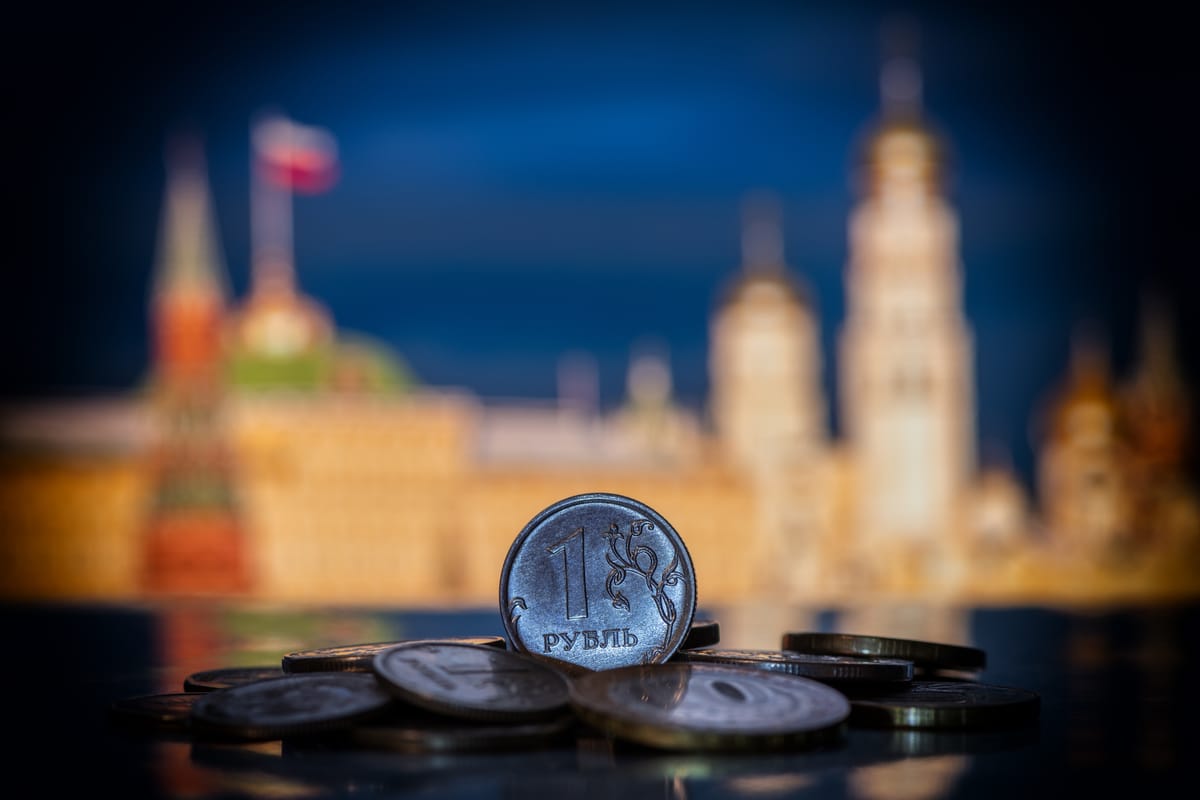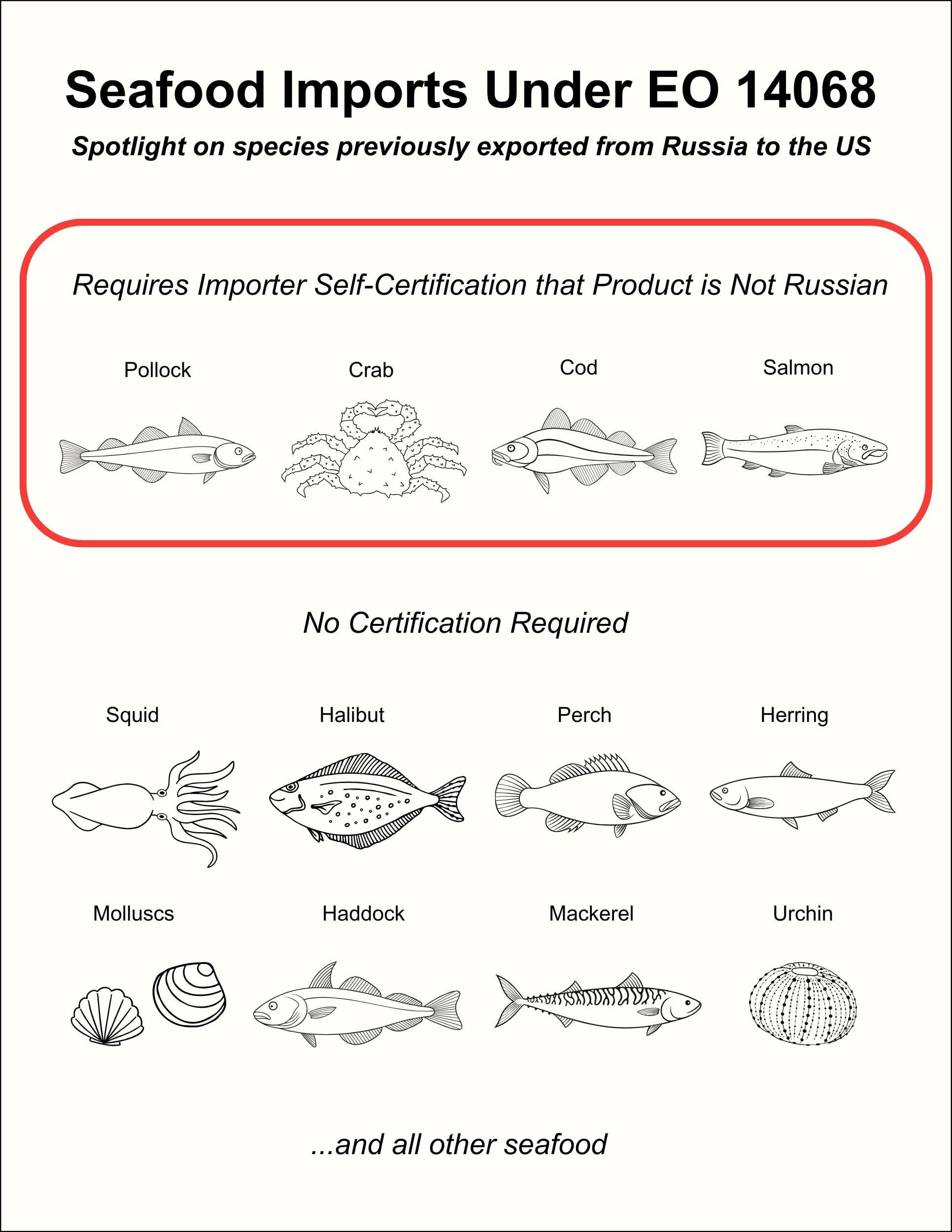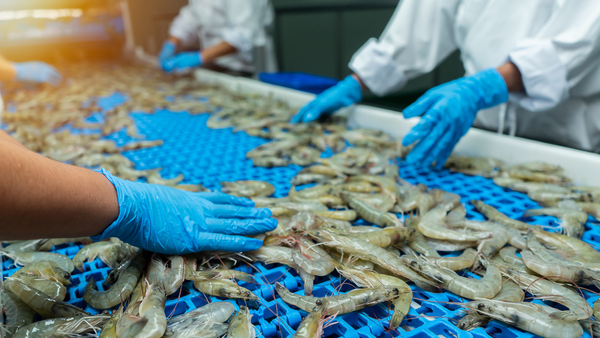How the US is Handling its Updated Russian Seafood Ban

On December 22, 2023 President Biden updated his previous Executive Order banning imports of Russian seafood to the US because, frankly, the 2022 version wasn't working. The new order became effective immediately which meant that some implementing measures needed to be put in place right away. Here’s where we are now:
A Focus on Salmon, Pollock, Crab and Cod
The Executive Order as written applies to all seafood, but in policymaking the devil is always in the details. Immediately following its announcement, the US Department of Treasury’s Office of Foreign Assets Control (OFAC) issued a follow-on determination stating that the trade ban would focus on imports of salmon, pollock, crab and cod. The determination listed 126 US Harmonized Tariff Schedule codes attributed to imports of these species.
Curious about this decision, we decided to compare OFAC’s tariff codes with the tariff codes used for Russian seafood exports to the US in 2021 – before any Russia-specific seafood trade restrictions were in place. This is an imperfect comparison but it gives us a general sense of what is going on. We found that the tariff codes selected by OFAC do a good job of covering the target species (though there are some generalized tariff codes that aren't included in targeted lists like this), and salmon, crab, cod and pollock did make up the majority of Russia's 2021 seafood exports to the US. However, a number of Russian-harvested species are left off of the list. Here’s a quick rundown:

Importer Self-Certification in the Short Term
US Customs and Border Protection (CBP) has a critical role in implementing trade restrictions and issued its own guidance to traders immediately following release of the Executive Order. It states that every US import under the tariff codes determined by OFAC must include a scanned PDF of the following statement on the Importer company’s letterhead:
I certify that any such products in this shipment were not harvested in waters under the jurisdiction of the Russian Federation or by Russia-flagged vessels, notwithstanding whether such product has been incorporated or substantially transformed into another product outside of the Russian Federation.
If you have additional questions about whether or not your imports require self-certification, OFAC’s Frequently Asked Questions on this determination is a good place to start. Note that there is also a limited-term exemption for some seafood imports if the procurement contract was signed prior to December 22, 2023.
Changes to ACE are Coming
CBP’s notice to trade indicated that self-certification is a stopgap measure while changes are made to its electronic system for processing US import data from industry (called ACE). Expect to see those changes begin to roll out in the coming weeks and months. For more analysis of what those changes might look like, read our breakdown here.





